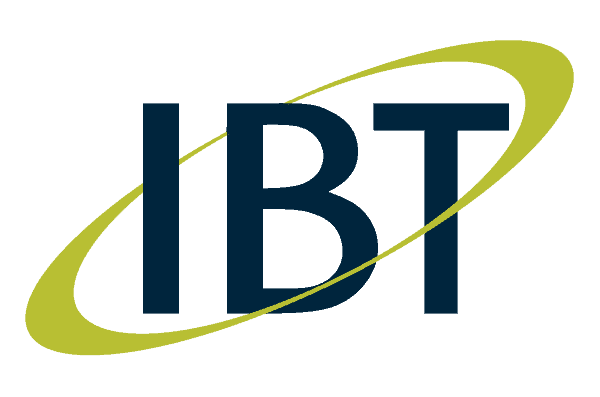Resident BI / Cognos expert and founding Director, Evan Hodge, has just celebrated a decade of working with this technology. We chased him down to get his views of the industry and where he sees it going:
1) How long have you been working with BI technologies?
About 10 years
2) What have been the biggest benefits you have seen for businesses that have implemented a BI tool?
Combined reporting capabilities across multiple disparate applications.
3) What have been the biggest obstacles businesses have faced in the use of such technologies?
The biggest issue is still that companies treat a BI project as just another IT project. It is not a product nor a system, so needs to be viewed as a constantly evolving strategy that aligns company operations with its strategic business goals. It is a cross organisational initiative and must be recognised as such and business sponsors need to be engaged and willing. This all being said, consultants like us should also shoulder part of the blame as this should be communicated clearly at the outset to ensure a company’s buy-in.
4) Each ERP system has its own reporting tools, should businesses utilise these more than they do, or is a separate BI tool necessary?
The reporting tools provided with most ERP applications do a good job reporting from that one application. But generally a business requires data from multiple applications and ends up with multiple spreadsheets and a lot of manual processes in combining the data from these other applications, so yes, a separate BI tool helps enormously.
5) What other environmental issues, technology wise, impact the efficiency of the Cognos product?
Attempting to report from operational systems with large datasets without pre-processing into summarised tables or cubes can lead to a lot of inefficient processing.
6) Big Data is the buzzword of the moment, can Cognos and other BI tools keep up?
IBM’s Apache Hadoop solution, InfoSphere BigInsights, integrates with IBM Cognos 10.2 using DQM. Cognos Customers requiring ODBC connectivity or those who have adopted other Hadoop distributions such as Cloudera, Hortonworks, Map/R, Hadapt, Apache, Amazon EMR, etc. can now leverage IBM’s DataDirect XE Hadoop Big Data Connectors.
Microsoft’s SQL Server 2012 Parallel Data Warehouse (PDW) introduces PolyBase, a fundamental breakthrough in data processing used to enable seamless integration between traditional data warehouses and “Big Data” deployments. Some of the advantages being put forward by Microsoft are:
- Polybase eliminates the need to learn a new query language (MapReduce) and allows for the combination of the different data stores at the query level. The cross platform querying allows you to leave Hadoop data in its unstructured state and thus eliminates the need to populate a Data Warehouse with Hadoop data.
- Polybase eliminates the need to store unstructured data in the relational database
- Query Hadoop data without IT having to pre-load data first into the warehouse. Phase 2 allows the query optimizer to determine whether it should transform the query into a MapReduce job to be performed on the Hadoop cluster or if it should just process using the SQL server instances on the PDW.
- Native Microsoft BI Integration allowing analysis of relational and non-relational data with familiar tools like Excel.
- BI is essentially getting data in front of those who know what to do with it, and Polybase is definitely a step forward in that direction.
These are just a few of the more recent additions to the market of tools to assist in the processing of big data. The next year or 2 should see a lot more exciting developments coming on the market.


